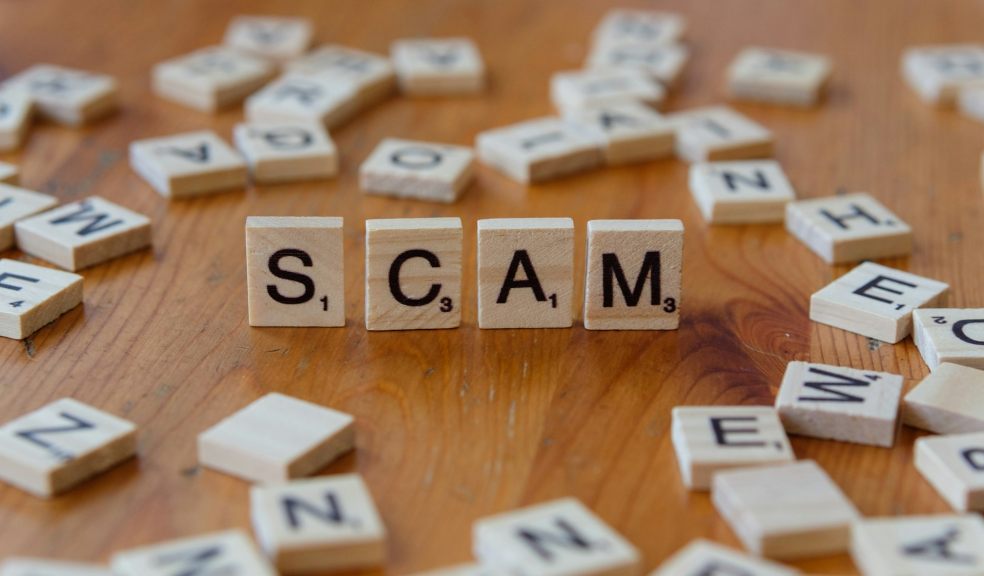
Exposing the Red Flags: How to Spot and Report Business Scams Before It's Too Late
Business scams inflict financial damage, and even worse, they erode trust. Protect your business by learning to recognize the red flags and report business scams before you fall victim.
Spot business scams by learning the red flags
The odds are high that you or your employees have encountered phishing emails, fake investment opportunities, fraudulent supplier contracts, or identity theft. Whatever form a scam takes, the intention is always the same: scammers are out to steal money, data, or resources.
If just one of your employees falls prey to these scams, your entire business network could be at risk. One false move can jeopardize your financial stability — even your business’s reputation — but recognizing these types of scams and their common characteristics enables you to avoid them.
Business scams always come with obvious warnings, so if you know what to look for, you can easily learn to recognize them. For instance, an unsolicited offer is always suspect. If you receive unexpected mail or emails from unknown businesses, proceed with caution, and be especially wary if the offer sounds too good to be true. A genuine business rarely reaches out to make an offer without prior contact.
High-pressure tactics are never a good sign. Scammers often push their marks to act quickly, implying that with swift action, you can seize a limited-time opportunity or avoid a looming threat. When you allow urgency to cloud your judgment, it often leads to a hasty decision.
A legitimate business will always provide contact information you can easily verify, so ensure you have verified physical addresses, phone numbers, and professional email addresses before making any decisions. If you find inconsistencies in domain names or see that a business is using a generic email account like Gmail or Yahoo, be on your guard.
Promises of high returns with minimal risk or investments should cause concern. If an offer sounds unrealistic, it’s generally best to walk away.
Money is not the only thing scammers ask for; they frequently request sensitive data that will enable them to obtain money later. Social Security numbers and bank account details are common targets. It bears saying that legitimate businesses and financial institutions will never request such information through insecure communication channels.
Make the time to verify each business
Guard yourself against scams by verifying each business you deal with. In most cases, online resources will provide plenty of helpful information about the business. Check their website, read reviews, and seek out any news articles or official records that indicate the company's status.
One of the best verification methods — reaching out to the business in question through the official contact channels listed on its verified website — is also one of the easiest. Do not rely on contact details provided in unsolicited communications.
The Better Business Bureau (BBB) or the Federal Trade Commission (FTC) are regulatory bodies that can help you confirm a business’s legitimacy. Professional associations related to the business's industry may also provide verification.
Don’t hesitate to report a scam
When you identify a scam, report it as soon as possible. First, gather all emails, messages, invoices, and documentation involving fraud, as this evidence will be vital as the authorities begin to investigate.
If you suffered a financial loss, submit the details to local law enforcement. The police department will take up criminal investigations and prosecutions and may contact another agency if necessary. Suppose you share sensitive information or personal information involving financial transactions. In that case, you will also need to immediately notify your bank or credit card company to help secure your accounts and attempt to reverse fraudulent transactions.
The FTC is the government agency that handles fraud in the United States. You can file a complaint online at their official website or by calling their Consumer Response Center. The BBB is a consumer organization that helps to enforce legitimate business practices. If you report suspected fraud, they will add it to their database and warn others about the scam.
Protect yourself and your business by staying ahead of scammers
Thinking ahead to protect yourself and your business is just as crucial as reporting fraud. Since it takes every employee to keep an organization safe, begin by educating employees about the most common scams and the warning signs they should watch for. Regular training about the importance of secure websites and what information not to disclose is your best defense.
Investing in strong cybersecurity measures is good but not enough. Regularly update your firewalls and security software to safeguard valuable data. Additionally, conduct routine financial reviews and audits, which enable you to detect any unusual transactions or discrepancies early.
As mentioned earlier, always vet new vendors and thoroughly review contracts before committing. Look for reputable suppliers with positive reviews and a solid track record.
Red flags are not difficult to spot once you know what to look for. By identifying suspicious activity, you and your employees can work together to protect your business. When you do catch a scam in progress, report it. Your timely action contributes to a safer business environment for everyone.














